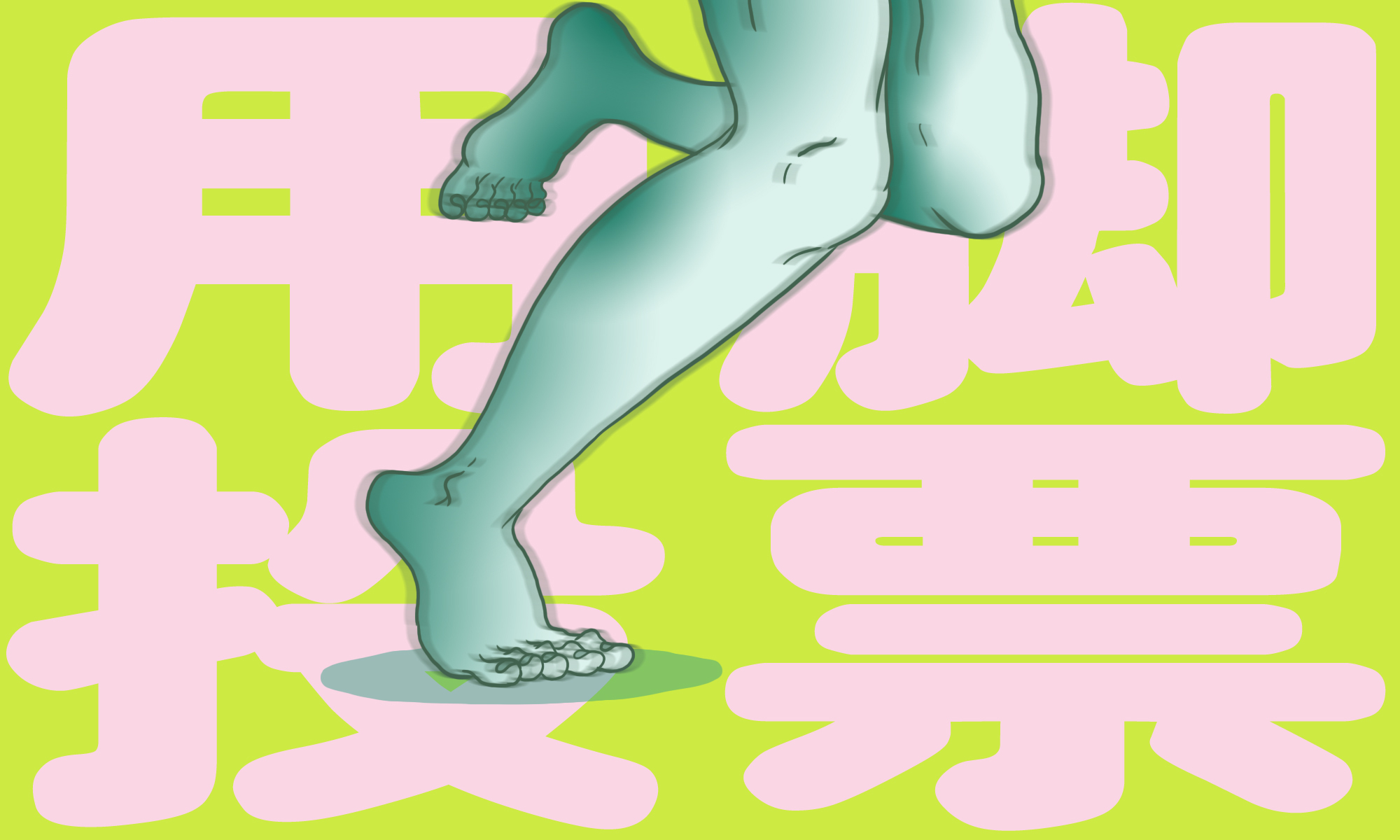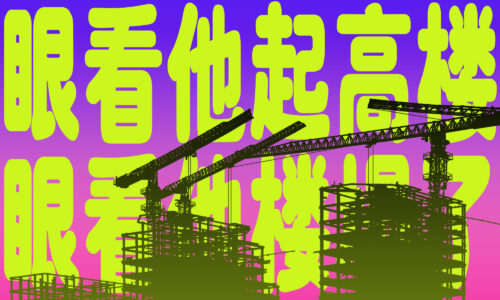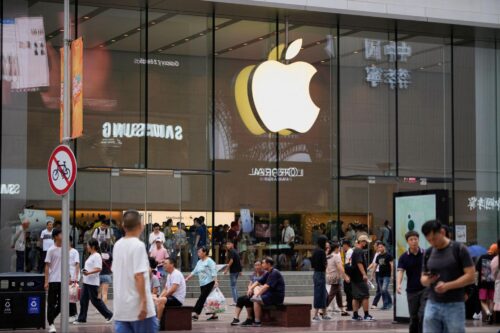‘Voting with their feet’ — Phrase of the Week
Workers escaping zero-COVID restrictions in a Foxconn facility prove an economic theory explained in a borrowed American idiom.

Our phrase of the week is: Voting with their feet (用脚投票 yòng jiǎo tóupiào).
Context
Hundreds of workers fled Apple’s largest iPhone-making site in China’s manufacturing hub of Zhengzhou, Henan Province, after a COVID outbreak forced staff to go into lockdown earlier in October.
Employees at the Foxconn factory, which employs about 200,000 people, cited the failure to provide enough food and a safe working environment.
Since starting “closed-loop management” (闭环管理 bì huán guǎn lǐ) at the site, Foxconn said it was providing its staff with three meals a day. The company promised on Sunday to coordinate with authorities to help transport people home, ensuring “point to point” (P2P) management of people returning to their homes, and on Tuesday quadrupled the bonuses for employees who were willing to stay and work.
But, according to one Weibo post, it’s clear that Foxconn employees are not buying the assurances made by the company:
Employees of Foxconn, the symbol of China’s manufacturing industry, have voted with their feet: They don’t accept the COVID-zero policy of the company.
富士康作为制造业的代表,员工用脚投票表明自己的态度,要不要清零。
Fùshìkāng zuòwéi zhìzào yè de dàibiǎo, yuángōng yòng jiǎo tóupiào biǎomíng zìjǐ de tàidù, yàobúyào qīnglíng.
Translation
Although the phrase vote with their feet sounds like a typical four-character Chinese idiom, it was originally coined by the American economist Charles Tiebout in 1956.
The Tiebout hypothesis, also known as the Tiebout migration, explains how good public services in districts of a town or city lead to economic efficiency, which then attracts people to live there. Tiebout found that in urban areas, residents were more satisfied with the level of public spending than in non-urban areas, where there were fewer options to move elsewhere by “voting with one’s feet.”
Nowadays, the adopted idiom in Chinese is mainly used to talk about the flow of capital, talent, and technologies away from bad investments and toward good ones. For example:
With high costs and low returns, investors chose to vote with their feet.
高收费、低回报,投资者选择用脚投票。
Gāo shōufèi, dī huíbào, tóuzī zhě xuǎnzé yòng jiǎo tóupiào.
For Foxconn, despite efforts to persuade employees to stay, the images of hundreds of people “escaping” (逃离 táo lí) their factory visually explain this 70-year-old economic theory: They were literally choosing to vote with their feet.






